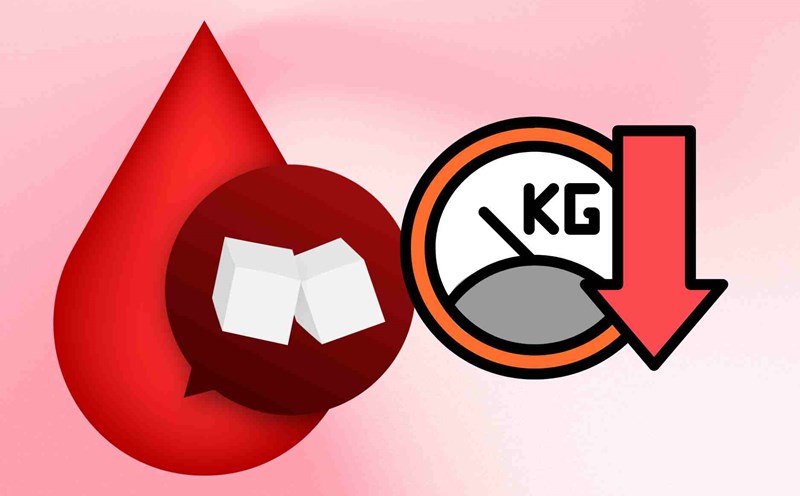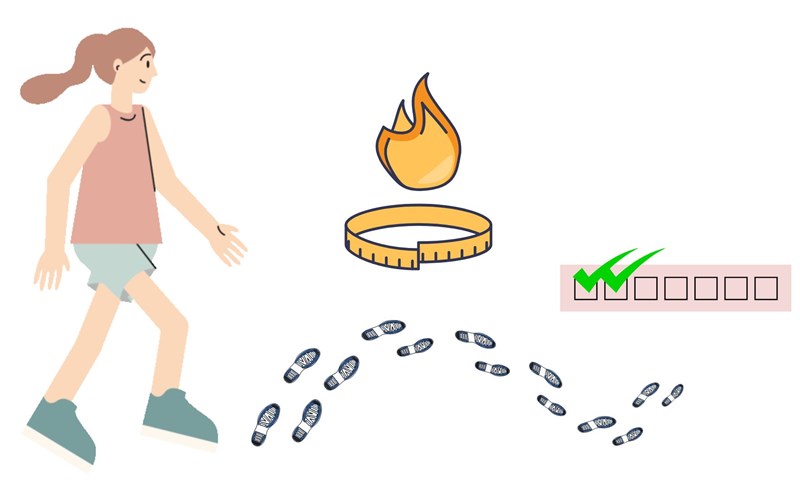A high-protein diet has long been considered the optimal solution for weight loss. Protein not only helps increase satiety, supports muscle building but also boosts metabolism. However, if you have applied these principles fully but still do not see results, you may be making common mistakes that many people often make in their weight loss journey.
According to Dr. Pratayksha Bhardwaj, a nutritionist and weight manager in New Delhi, India, protein is important but not all in weight loss: Protein helps you stay full for a long time and increases metabolism a little, but if your total calorie intake is still too high, fat loss will not happen.
Here are 10 common reasons why you can't lose weight despite eating a lot of protein:
No calorie deficit:
Even if you eat a lot of protein, if you still consume more calories than you burn, your body will not lose fat.
Skipping other nutritional groups:
Excessive focus on protein can cause you to lack complex carbohydrates and healthy fats, which are essential for energy and metabolism. A complete cutting of starch can lead to fatigue and slow down your metabolism, says Dr. Bhardwaj.
Lack of exercise:
Eating properly is not enough, you still need to exercise regularly. Aerobic exercises such as walking or jogging, combined with strength training, have been shown to support effective weight loss.
Lack of fiber:
Eating a high-protein but low-fiber diet can easily make you hungry quickly. Adding green vegetables, whole grains and beans will improve satiety and aid digestion.
Eating too much protein:
Excess protein can still be converted into fat. A study in Clinical Nutrition shows that consuming too much protein instead of carbohydrates can lead to weight gain.
Poor sleep:
Not getting enough sleep or sleeping too much affects the hormone that regulates hunger. A study in Nutrition, Metabolism & Cardiovascular Diseases shows that unreasonable sleep duration is associated with a higher risk of obesity.
Chronic stress:
High cortisol levels due to stress can increase belly fat storage. Meditation, yoga, or light walking can help control this condition.
Skipping meals:
Fasting does not help lose weight, but instead slows down metabolism. Showing food for too long can lead to overeating later in the day, warns Dr. Bhardwaj.
Dehydration:
Dehydration negatively affects digestion, satiety, and overall energy. You should drink at least 8 glasses of water a day, more if you are very active.
Vitamin D deficiency:
Vitamin D affects fat metabolism and hormone regulation, says Dr. Bhardwaj. Low vitamin D levels are associated with a higher percentage of body fat. You should check your blood regularly and supplement foods such as eggs, salmon or fortified milk.
Weight loss is a comprehensive process, not just dependent on one factor such as protein. By balancing your diet, exercising regularly, and maintaining a healthy lifestyle, you will soon see clear results on your weight loss journey.











